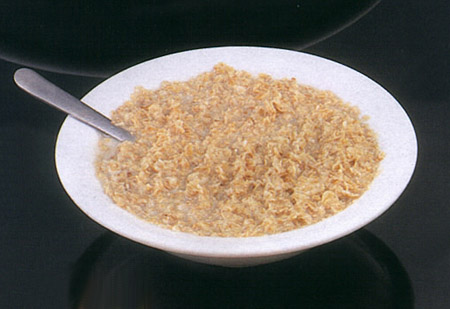
The cheque came in the mail a week ago and I still haven’t cashed it. It’s not going to make much of a difference to my bank balance.
Twice a year, I receive a royalty statement for my first published book, Fouling Out. I initially received three equal payments as advances on royalties, coming upon acceptance of the original manuscript, after final edits and on publication. I’ve read that some authors get six-, even seven-figure advances. Sounds like pure fantasy to me. My advance didn’t cover a month’s living expenses.
The latest royalty statement is my fourth. This was the first time it came with a cheque, as the earnings from my teensy percentage on sales finally exceeded the advance. $74.84. Won’t even cover the basic fee for the single-day writers’ conference I attended last weekend.
At that conference, almost every speaker mentioned (often repeatedly) how writers don’t do it to accrue wealth. They don’t even do it to eke out a modest existence. People politely nodded, some smiled and even laughed. Ha ha. How silly to think writers could make a living from their craft. Unless you’re J.K. Rowling or John Grisham or Danielle Steel, you don’t quit your day job.
Writing a novel or a screenplay is a huge undertaking, fuelled by a love of the writing process, subject matter that speaks to us and blind hope that someone with the power to greenlight the project will pull the manuscript out of the slush pile, give it a fair read and convince publishers or producers that the work will generate a profit for them. It has to be the right project at the right time in the right hands. And even when everything falls into place, it remains a speculative venture.
Yes, there is pride in publication. “You’re so lucky,” one conference goer told me, with unabashed envy. It is a good feeling, but it doesn’t do much to cushion the fact I’m cash poor.
It’s a wonky profession. Even magazine writing, which can be a quicker route to a paycheque (or rejection), offers shockingly small financial rewards. As I randomly flip through my copy of The Canadian Writer’s Market, I find magazines offering payment ranging from 1¢ to $1 per word. One cent?! That’s ten bucks for a thousand words! And I just read in The Vancouver Sun today that Canuck hockey player Mason Raymond deserves a bump up to $2.5 million next season, a more than 300% raise from this season’s bargain salary of just $760,000. I’m a huge Canuck fan and I do like Raymond’s speed, but something’s amiss here. Let’s take a literary publication as an example. Surely, a publication that celebrates the written word sets out to value writers and pay them accordingly. But no! A 350-word book review in Quill & Quire pays $90. To earn that, the writer must invest the time to read the book being critiqued, possibly conduct some background research on the book’s author and prior work, draft the review, submit it with a cover letter and go through at least one round of editing with an editor from the magazine. It’s entirely possible that the writer fails to recoup even minimum wage for his efforts.
The Globe and Mail, arguably Canada’s preeminent newspaper, runs an 800-1,000 word essay each day. Anyone can submit a piece for consideration. In the past, the paper paid a $100 honorarium to the writer upon publication. At least a year ago, the Globe did away with any payment. The newspaper gets a free essay to fill precious space on the page. What a coup!
Oh, I know the standard response. We don’t do this for the money. There is no type of work I enjoy more than writing. Yet fulfillment is compromised by the need to pay the hydro bill and cover my dog’s increasing meds. I’ve been otherwise frugal. I’ve rationed the same bottle of wine for two and a half months and I begin most every day with a bowl of generic oatmeal.
Perhaps what I lack in wine I make up for in whine. But I do think of writers as artists and I long for the day when “starving artist” becomes an odd expression that makes as much sense as how most citizens view the expression “honest politician”. I look forward to the day when a writer can expect to be reasonably compensated.
Until then, I shall continue to scrape up two bucks twice a week, cross my fingers and chant one of my grandfather’s goofy expressions (“Seven come eleven, der ma needs a new pair of shoes”) in hopes the same six numbers I’ve played for the past sixteen years will finally lead to a lottery windfall and the financial security to continue writing full-time.
Yes, I’ll be one of those winners who drives the public crazy as I continue to work as a writer. But no need to get too rattled if I should win. Apparently writing is more like volunteer work.
No comments:
Post a Comment